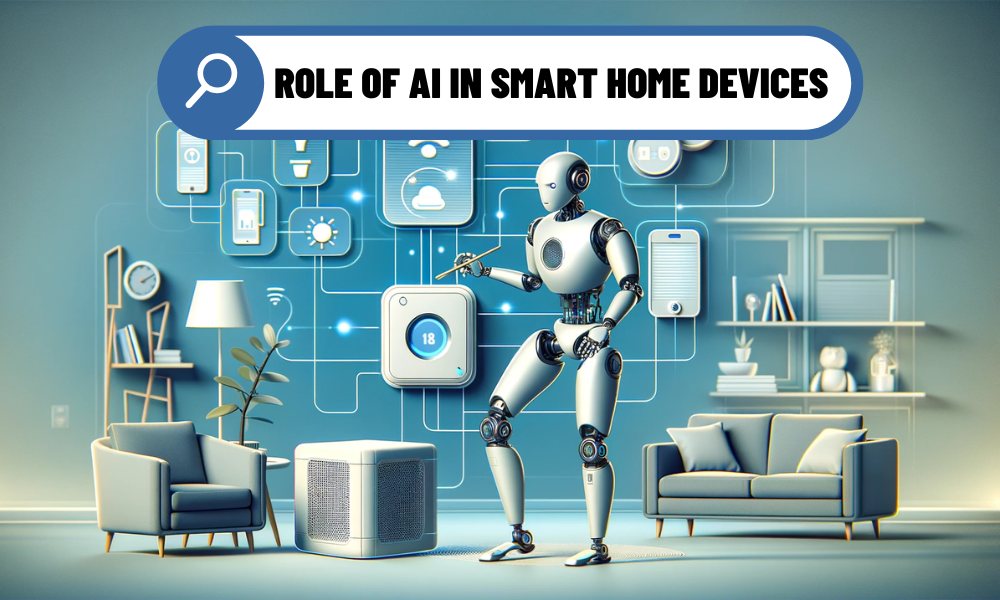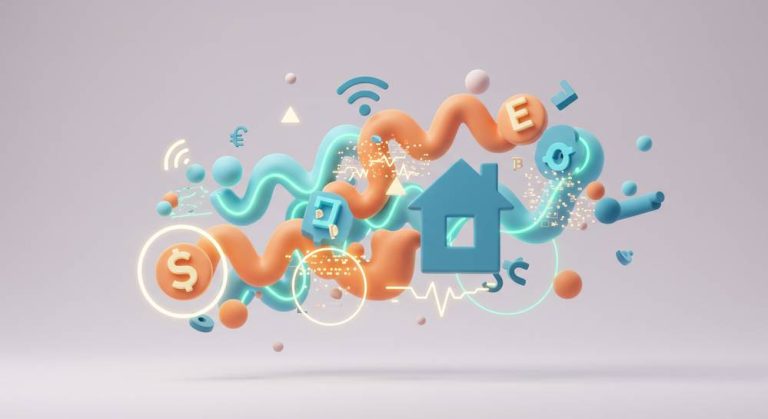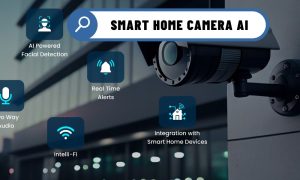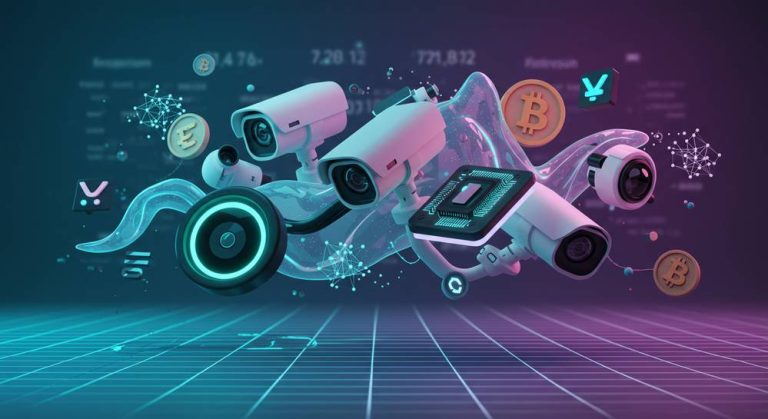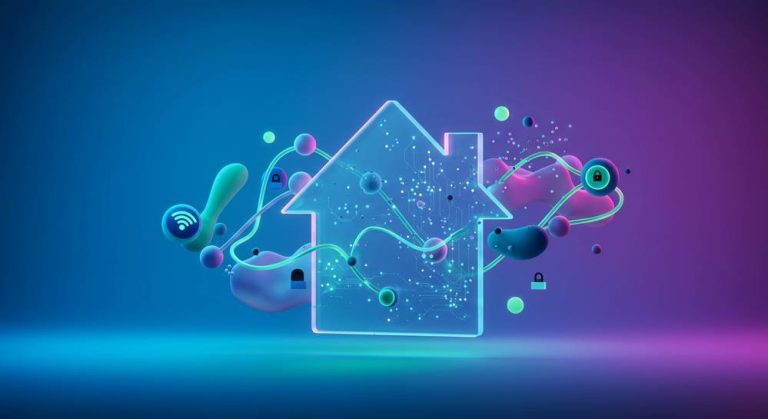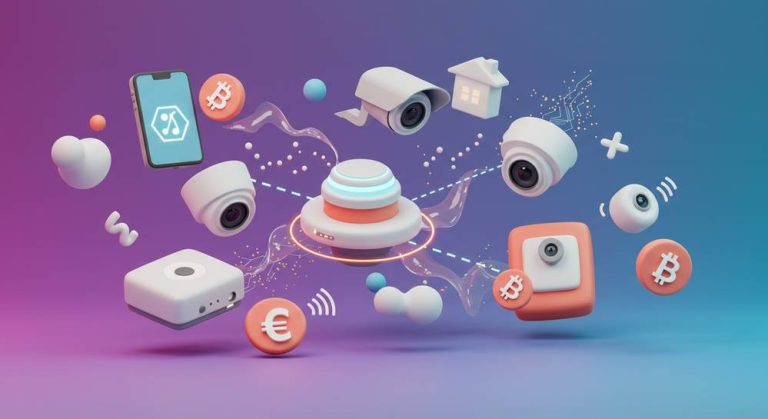The Role of AI in Smart Home Devices
The advent of artificial intelligence has redefined the capabilities of smart home devices, turning homes into intelligent ecosystems that anticipate and cater to our needs. The role of AI in smart home devices is pivotal, enabling these systems to learn from user behaviors, optimize performance, and create seamless, personalized experiences. From lighting to security, AI is the driving force behind a new era of home automation that prioritizes convenience, efficiency, and sustainability.
Enabling Adaptive and Personalized Automation
One of the most significant contributions of AI to smart home devices is its ability to deliver adaptive automation. Unlike traditional systems that rely on fixed schedules or manual inputs, AI-powered devices analyze data from sensors, user interactions, and external factors like weather or time of day. This allows them to make context-aware decisions. For instance, a smart thermostat with AI can learn your daily routine and adjust temperatures to keep you comfortable while minimizing energy use, without requiring constant tweaks.
This personalization extends across various devices. Smart speakers, for example, use AI to refine voice recognition, understanding individual speech patterns to respond more accurately over time. Similarly, AI-driven lighting systems can adjust brightness and color based on your activities—bright for working, soft for relaxing—creating an environment that feels tailored to your lifestyle. The role of AI in smart home devices is to transform static automation into a dynamic, user-centric experience.
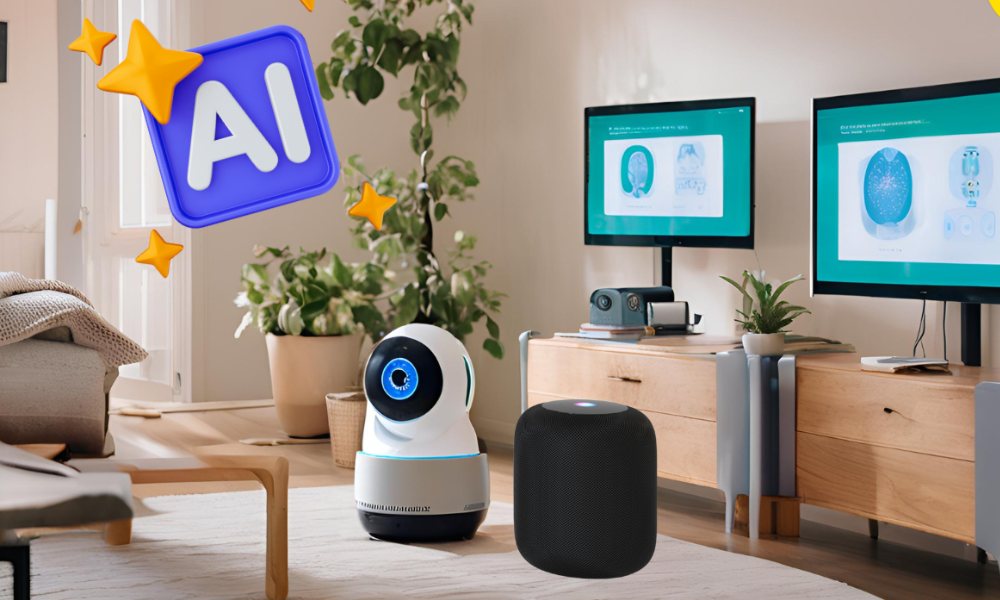
Strengthening Security with Intelligent Insights
Security is a critical area where the role of AI in smart home devices shines. AI enhances devices like smart cameras and doorbells by enabling features such as facial recognition, motion analysis, and anomaly detection. Instead of flooding you with alerts for every movement, an AI-powered camera can distinguish between a delivery person and an unfamiliar visitor, sending notifications only when necessary. This reduces false alarms and ensures you’re always informed about potential risks.
Moreover, AI integrates these devices into a cohesive security network. If a smart camera detects unusual activity, it can communicate with smart locks to secure entry points or trigger outdoor lights to deter intruders. By analyzing patterns over time, AI can even predict potential vulnerabilities, such as frequent late-night activity in your neighborhood, and suggest proactive measures. This intelligent approach makes home security both more effective and less intrusive.
Driving Energy Efficiency and Sustainability
The role of AI in smart home devices is also instrumental in promoting sustainable living. AI optimizes energy consumption by learning usage patterns and aligning them with efficiency goals. For example, a smart home hub with AI might notice that you rarely use certain appliances during the day and reduce their power draw automatically. It can also integrate with renewable energy sources, prioritizing solar power when available to lower your carbon footprint.
Beyond automation, AI empowers homeowners with actionable insights. Smart meters equipped with AI can analyze your energy usage and recommend adjustments, such as running high-energy tasks during off-peak hours. This not only lowers utility bills but also supports broader environmental goals by reducing strain on the grid. Through these capabilities, AI transforms smart home devices into partners in sustainable living.
The Future of AI in Smart Homes
As AI technology advances, its role in smart home devices will continue to expand. Emerging innovations, such as emotional intelligence in voice assistants or predictive maintenance for appliances, promise to make homes even more intuitive. Imagine a smart oven that suggests recipes based on your dietary preferences or a system that alerts you to a potential water leak before it becomes a problem. These advancements will further blur the line between technology and human intuition.
The role of AI in smart home devices is not just about adding features—it’s about creating homes that understand and adapt to us. By embracing AI-driven systems, homeowners can enjoy a lifestyle that’s safer, more efficient, and uniquely their own, paving the way for a future where our living spaces are true extensions of ourselves.
